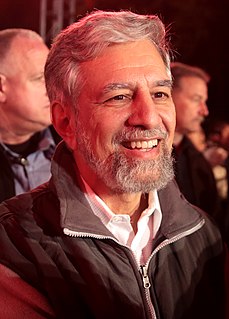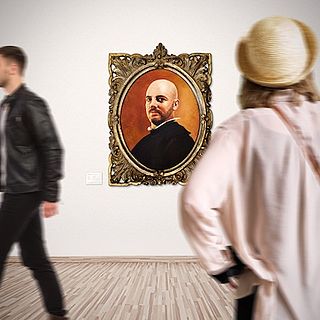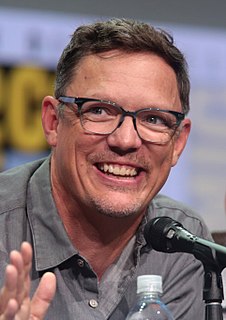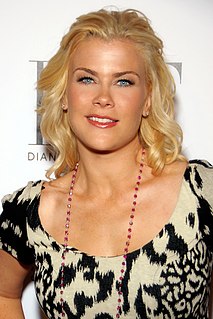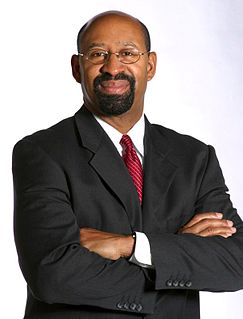A Quote by Steve Gaynor
I think that the good thing about working smaller and being a smaller company that doesn't have to make as much to make money back is that you don't have to worry about, well, critics like this and they'll tell people to buy it, but millions of people might say, 'Oh, well I'm not interested in that subject matter' and we're sunk.
Related Quotes
Freedom is messy. In free societies, people will fall through the cracks - drink too much, eat too much, buy unaffordable homes, fail to make prudent provision for health care, and much else. But the price of being relieved of all those tiresome choices by a benign paternal government is far too high. Big Government is the small option: it's the guarantee of smaller freedom, smaller homes, smaller cars, smaller opportunities, smaller lives.
I just want to make a lot of good music that entertains people and makes people think, and maybe inspires other people to make music. That's it, man. I don't really know about a legacy. Honestly, I wouldn't mind making some money. I wouldn't mind being able to buy a house and have a comfortable life. I'm not trying to chase superstardom and millions and millions of dollars. I would like to have enough return on what I do to allow me to continue doing it more comfortably.
Money is very difficult to think about. So, we think about money as the opportunity cost of money. So, we at some point went to a Toyota dealership and we asked people, what will you not be able to do in the future if you bought this Toyota? Now, you would expect people to have an answer. But people were kind of shocked by the question. They never thought about it before. So, the most we got was people said, "Well, if I can't buy this Toyota, if I buy this Toyota, I can't buy a Honda." What is this thing? What is this value of price? Very hard to think about it.
There is something demoralizing about watching two people get more and more crazy about each other, especially when you are the only extra person in the room. It's like watching Paris from an express caboose heading in the opposite direction--every second the city gets smaller and smaller, only you feel it's really you getting smaller and smaller and lonelier and lonelier, rushing away from all those lights and excitement at about a million miles an hour.
On the one hand, you have these huge budget films that cost millions of dollars. They are effects driven, they don't have well known actors in them, and they are making money. Well, some of them are. One the other hand, you have Stallone and Statham, and guys like DeNiro and Pacino, and Costner, who are all trying to make movies about real people. They are interested in character driven projects.
Why can't we have a voice? What's the difference between an athlete having millions or Donald Trump? Every time a politician talks, they talk about what's wrong with America. Well, he's an athlete who is also saying something is wrong with America. Why is it that when he talks, people say, 'How can he talk about oppression and make millions?' Well, Trump is talking about it. Hillary Clinton is talking about it. And they have more money than most athletes.
One of the things I like best about 'Biggest Loser' is being around people who are trying to make the right choices. When you feel defeated about your weight and your health, like there's no hope, and you still make the choice to fight for it, to make the change happen no matter what people say or think, that's inspiring to me.
